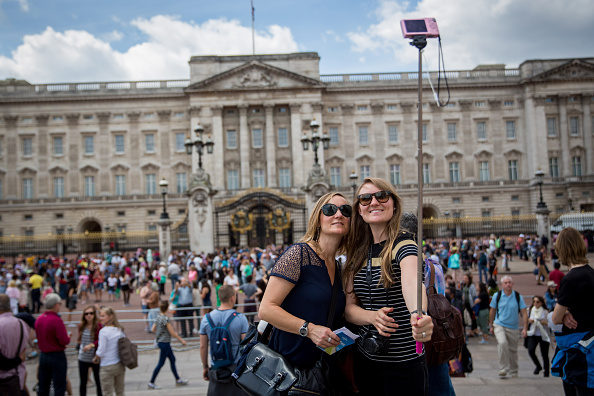As tourists book city breaks again, London needs to be a 24 hour city

London has been buzzing with energy these past few months. From the West End to Greenwich, it’s comforting to hear languages from all over the world being spoken in our city again.
Like many global tourist hotspots, the pandemic was particularly tough for London’s tourism industry. But London has always been resilient, able to adapt and innovate.
Those qualities came into play during the pandemic when our tourism industry joined forces as a community, not just to help recover their own businesses, but to support London’s wider recovery.
While the threat of the pandemic has receded with UK and international visitors returning to our capital, it’s clear that the world is very different to 2019. That’s why this is the ideal time to ask what kind of tourism destination we want London to be in the future.
It’s the question we’ve tried to answer in our London 2030 Tourism Vision, which we are launching today. Created with London’s tourism industry and endorsed by the Mayor of London, it’s an invitation to write London’s next chapter, together.
As travel restrictions lift across the world, every destination is vying to attract visitors. London cannot afford to rest on its laurels.
We know that tourism is a major driver of London and the UK’s economy. It supports 1 in 7 jobs across the city. But if there’s one thing the pandemic showed us, it’s that the true value of tourism goes beyond economic metrics. A thriving tourism industry provides our city with vitality and soul. It helps create the experience that attracts people and businesses from all over the world.
London’s offer has always been about experience. Our unique selling point is that we have a remarkable mix of history, innovation, and culture. There are few global cities that can make the same claim.
In fact, according to recent consumer research we commissioned, Brits are feeling more confident about booking a city break again, with respondents citing the variety of experiences as one of the main reasons.
This is an opportunity to build on our strengths. From enriching the visitor experience by opening up more parts of the city for longer and making London a truly 24-hour destination, to exploring how technology can improve the way tourists get around our city.
But it’s not just about the experience for visitors. If we want tourism to benefit Londoners, we need to define success by the quality of experience for our communities as well.
That means tourism needs to be deeply woven into the fabric of what London is and our long-term prosperity. We want Londoners to feel that tourism is a valuable part of the city’s identity. To do this, we must ensure that careers in tourism and hospitality are more attractive.
When thinking about our impact on communities, we also need to consider the tourism industry’s role in making London more sustainable and helping achieve the city’s zero carbon targets by 2030.
As an island nation, we know that we will still rely on air travel into London but by 2030 we should look to work with the aviation industry to make the prospect of net zero carbon air travel – JetZero – a reality.
London’s tourism industry provides economic benefits to the rest of the UK by acting as a gateway for inbound visitors looking to make onward journeys. We have an opportunity to reduce travellers carbon footprint by encouraging longer stays in London itself as well as positioning the city as the best long-haul destination from which to access other parts of the UK and indeed Europe.
These are just some of the measures we are proposing and which we are inviting the industry to get behind. We know there is more work to be done. But this Vision sets out a clear ambition for what tourism can and should be for our city – a driving force for sustainable, resilient and inclusive growth.
